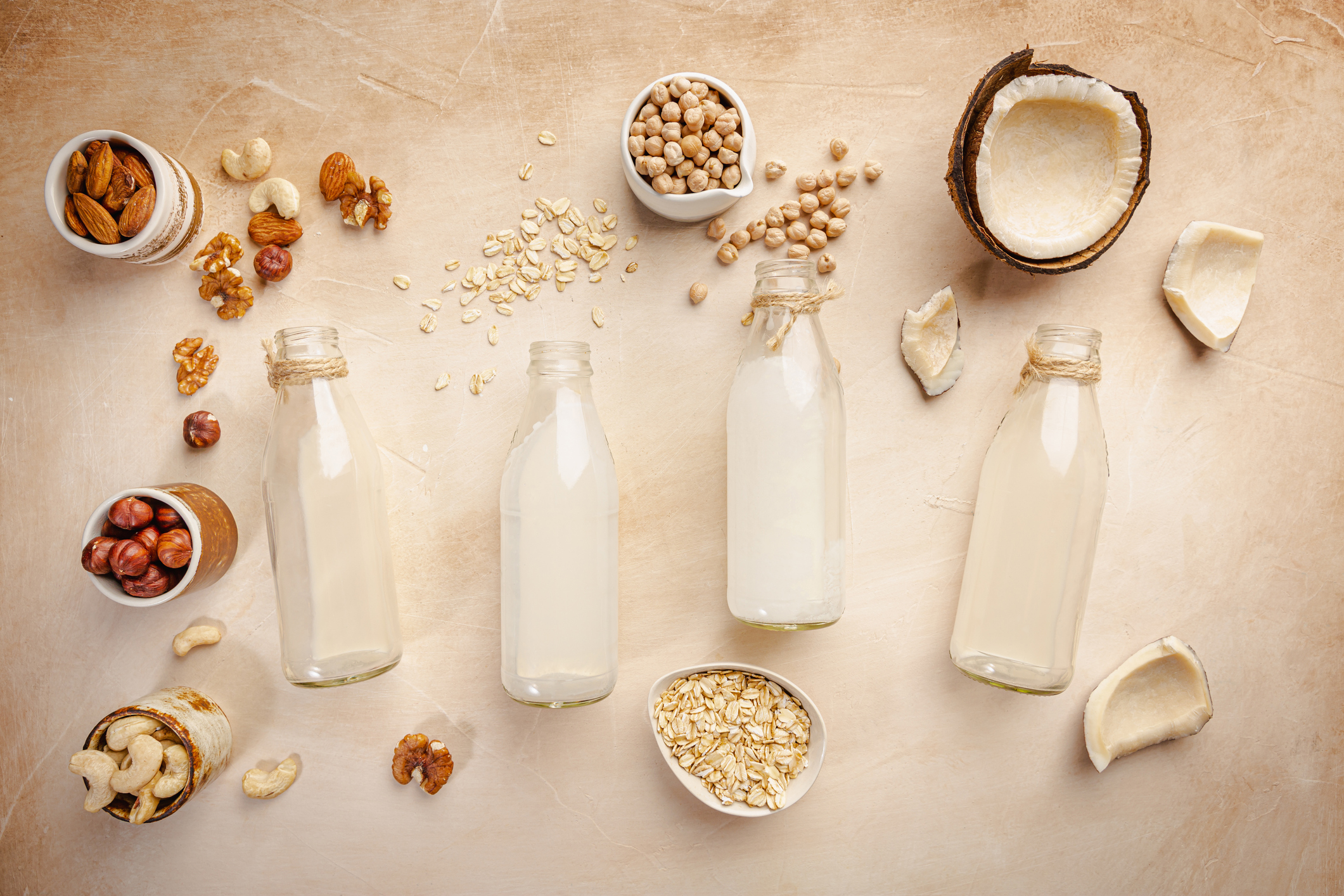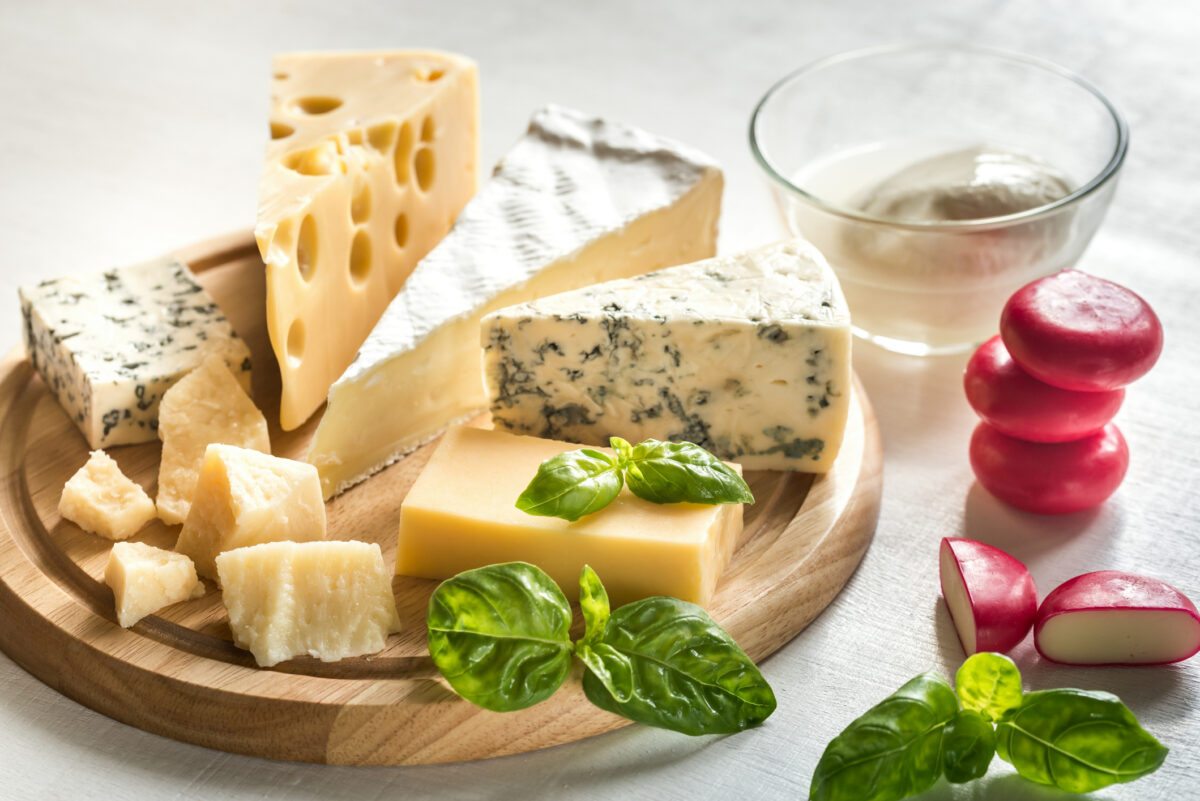Dairy consumption in Germany hits new low, data reveals

Consumption of dairy goods like milk, cheese and butter decreased in Germany last year, according to the latest preliminary figures from the Federal Office for Agriculture and Food (BLE).
In 2022, milk consumption reached a new record low of 46.1kg per person – 900g less than the previous year.
Per capita consumption of cheese was also down by 760g, whilst butter, milk fat, and milk fat spread products decreased by nearly 13%.
Rising dairy prices as well as the increase in plant-based alternatives on the market are likely to have influenced the decline, says the BLE. Last year, oat milk was reported to have been cheaper than animal-derived milks due to inflation.
Dairy production has also been affected as a result, with the amount of drinking milk produced in 2022 having decreased by more than 6%.
The BLE report shows that production volume of cheese also fell by 1% in 2021 to 2.64 million tons – the lowest figure seen since 2017.
The number of operational dairy farms decreased between 2021 and 2022 too, from 54,800 to 52,900. These farms held 23,000 fewer animals in 2022, with each dairy farm having an average of 72 animals. The annual average milk yield however still increased from 8,481kg to 8,499kg per cow.
In contrast to dairy products, milk and whey-based protein production went up by 10% in Germany, with consumption per person also going up by nearly 4% in 2022. These ingredients, which include powders, are popular in sports nutrition, baking and processed cheese product development.
Germans have not only started to move away from dairy, but also meat. Earlier this month, a report released by the BLE showed meat consumption in the country had hit the lowest level in over 30 years, with consumers steering away from pork the most.








